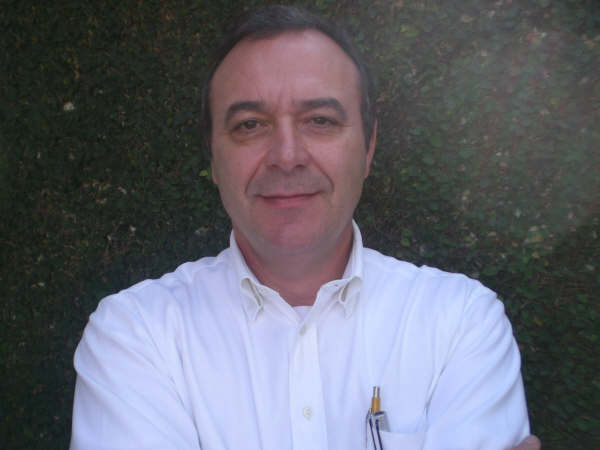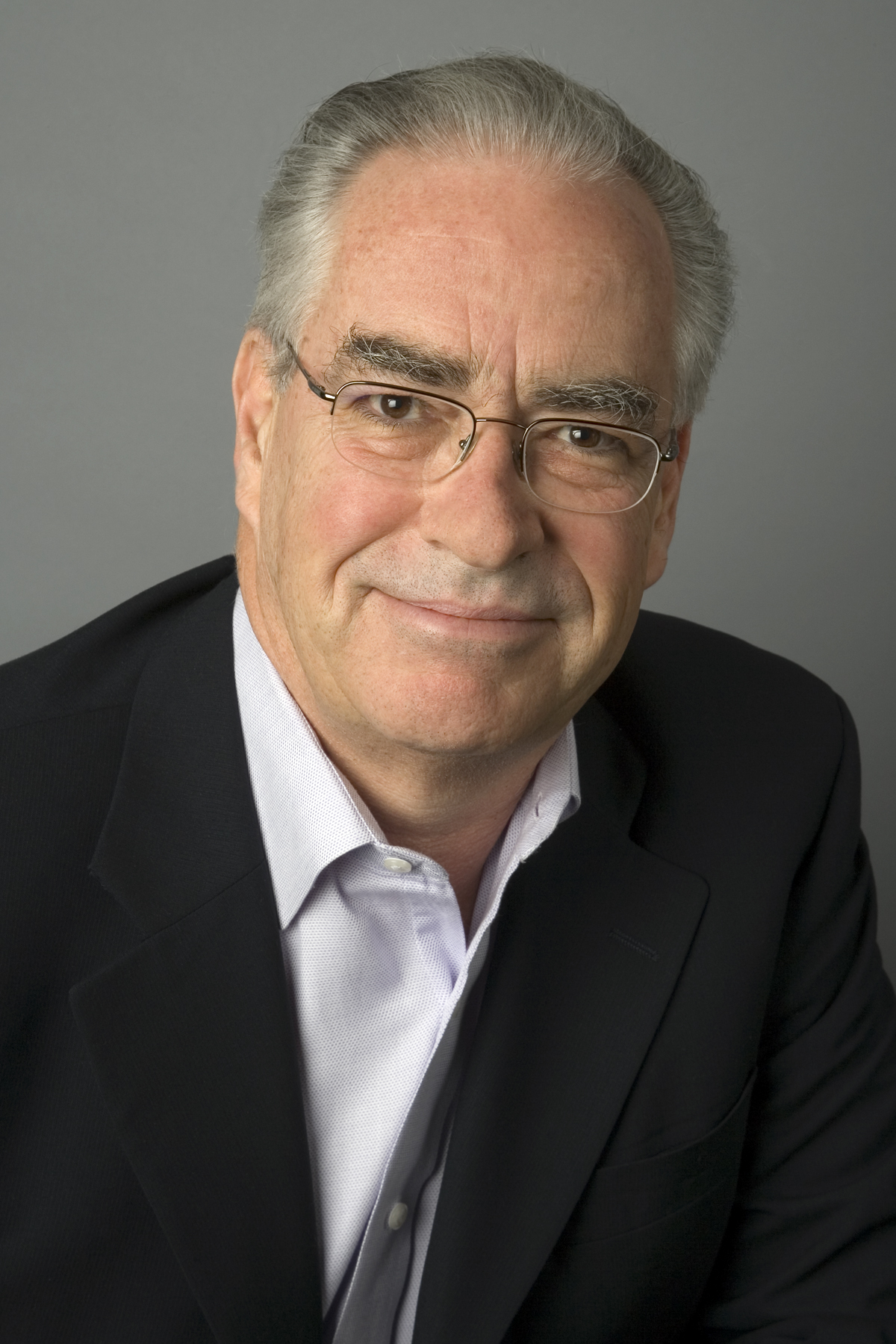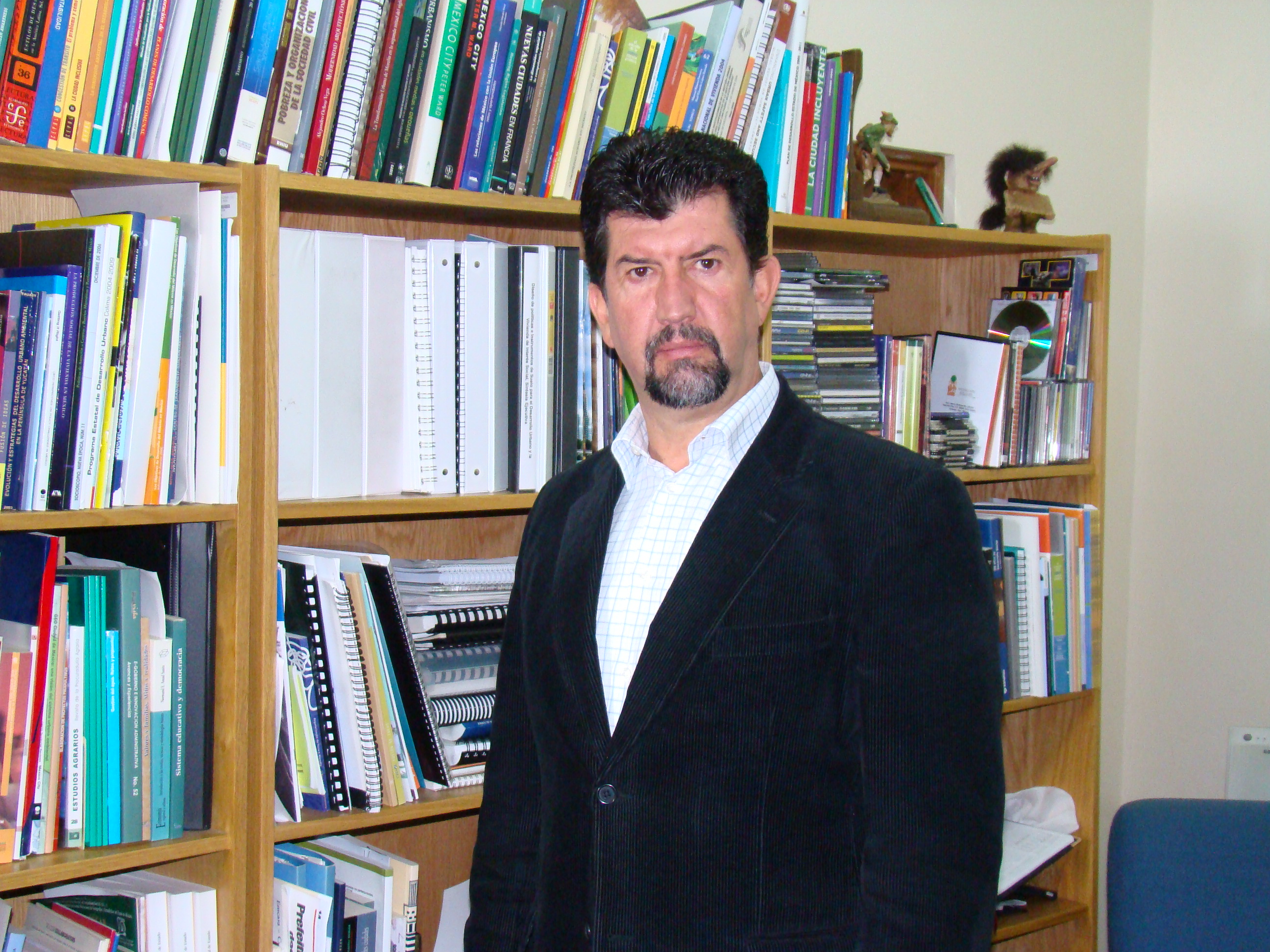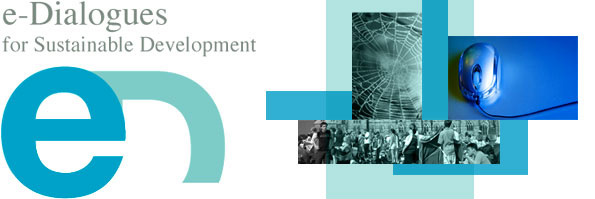 |
Ann Dale, Moderator
Ann Dale is a professor with the School of Environment and Sustainability, Faculty of Social and Applied Sciences at Royal Roads University and holds a Canada Research Chair in Sustainable Community Development ( crcresearch.royalroads.ca/). She chairs the Canadian Consortium for Sustainable Development Research (CCSDR), a consortium of all the heads of research institutes across Canada, and is active in the Canadian environmental movement. Dr. Dale chairs an organization she created, the National Environmental Treasure (the NET) and is the Executive Co-ordinator, Research and Public Policy for the Canadian Biodiversity Institute. From 1998-2000, she led an energy efficiency program on behalf of the Association of Canadian Community Colleges. Previously, she was an Executive with the Federal Government, and was one of the two public servants behind the creation of the National Round Table on the Environment and the Economy (NRTEE). Dr. Dale is a Trudeau Fellow ( www.trudeaufoundation.ca), as well as a Fellow of the World Academy of Art and Sciences. She is also a Board member of the World Fisheries Trust, and the Advisory Committee to the Montreal Institute for the Environment. Dr. Dale holds degrees in psychology and public administration from Carleton University, and a doctorate in Natural Resources Sciences, McGill University. Current research areas include governance, social capital and sustainable community development, biodiversity policy, and deliberative electronic dialogues ( crcresearch.royalroads.ca/edialogues). She is a recipient of the 2001 Policy Research Initiative Award for Outstanding Contribution to Public Policy for her book, At the edge: sustainable development in the 21st century. |
 |
Luis Fragomeni, Curitiba, Brazil
Fragomeni has a degree in Architecture and Town Planning from the Federal University Parana and a M. Phil. degree in Urban Design an Regional Planning from Edinburgh University (Scotland). Fragomeni served in the public sector where he had experiences on the local level and national levels of government. He was coordinator for the Foz do Iguaçu urban development plan implementation and former President of the Curitiba’s Institute for Research and Urban Planning, IPPUC. At the national level Fragomeni served as technical advisor to the Brazilian Urban Transportation Company (EBTU) and as the undersecretary for Urban Infrastructure and Coordinator of Metropolitan Regions in the Ministry of Housing and Urbanism and Environment in Brasilia. As a private consultant, Fragomeni has worked in several cities, directing, coordinating and advising on urban development plans, urban environment, transport, and monitoring & impact assessment. He has also provided consultancy services to HSBC Bank property department in Brazil. Currently, he is the director of VERTRAG consultancy, a lecturer on Regional and Urban Planning at the Federal University of Paraná, and also member of the Paraná State Cities Board and Senior Fellow for PLUS Network, under the International Centre for Sustainable Cities based in Vancouver, Canada.
|
 |
Ken Cameron
Ken Cameron has 26 years of experience in senior planning and management positions in local government in the Greater Vancouver area, most recently as Manager of Policy and Planning with the Greater Vancouver Regional District. He played a key role in the adoption of the Livable Region Strategic Plan in 1996 with the formal support of the region’s 21 municipalities, an accomplishment that was recognized in 2002 by the UN Habitat program’s Dubai awards for outstanding contributions to the human environment. The Greater Vancouver Regional District was a partner in CitiesPlus, the 100-year plan for Greater Vancouver that was Canada’s gold award winning entry in the World Gas Union’s international competition in sustainable urban systems design. Ken was the regional team leader for the project and a member of the team that traveled to Tokyo to present the winning entry in June 2003. In September 2004, Ken made a career change to become Chief Executive Officer of the Homeowner Protection Office, a provincially owned corporation that licenses residential builders, oversees the operation of the privately provided home warranty insurance system and provides financial assistance to owners of homes subject to building envelope failure. In addition to his role at the Homeowner Protection Office, Ken is the Chair of the Advisory Council of Simon Fraser University’s Urban Studies Program, Past Chair of the International Centre for Sustainable Cities and a member of the Board of the Residential Construction Industry Training Organization. With former Premier Mike Harcourt and local writer Sean Rossiter, Ken is the author of a book titled “City-Making in Paradise: Nine Decisions that Saved Vancouver,” which was published by Douglas and McIntyre in September 2007.
|
 |
Alfonso Irachetta, Mexican Network of Cities Towards Sustainability
Alfonso Xavier Iracheta Cenecorta has an architecture degree from the Universidad Autonoma del Estado (UAE) de Mexico; a Masters in Urban Planning from the University of Edinburgh, Scotland and a Doctorate in Regional Studies from the University of Varsovia, Poland. He was the founding Director of the School for Urban and Regional Planning at the UAE (1986-1988). He was the Director General of Planning for the Federal Government of Mexico (1993-1998). Alfonso was the President of the Colegio Mexiquense from 1998-2002. From 2003-2004, he was the coordinator of the Mexican office of the UN-Habitat. Currently, he is the working as the Coordinator of the Interdisciplinary Program for Urban and Environmental Studies (PROURBA) at the Colegio Mexiquense, and he is the National Coordinator of the Network of Mexican Cities for Sustainability (RMCS). He is a member of the World Council of Advisors of the UN-Habitat and of the Global Research Network on Human Settlements for the period of 2007-9. He is also a National Researcher, Level II, in the System of National Researchers (SNI). |
|
